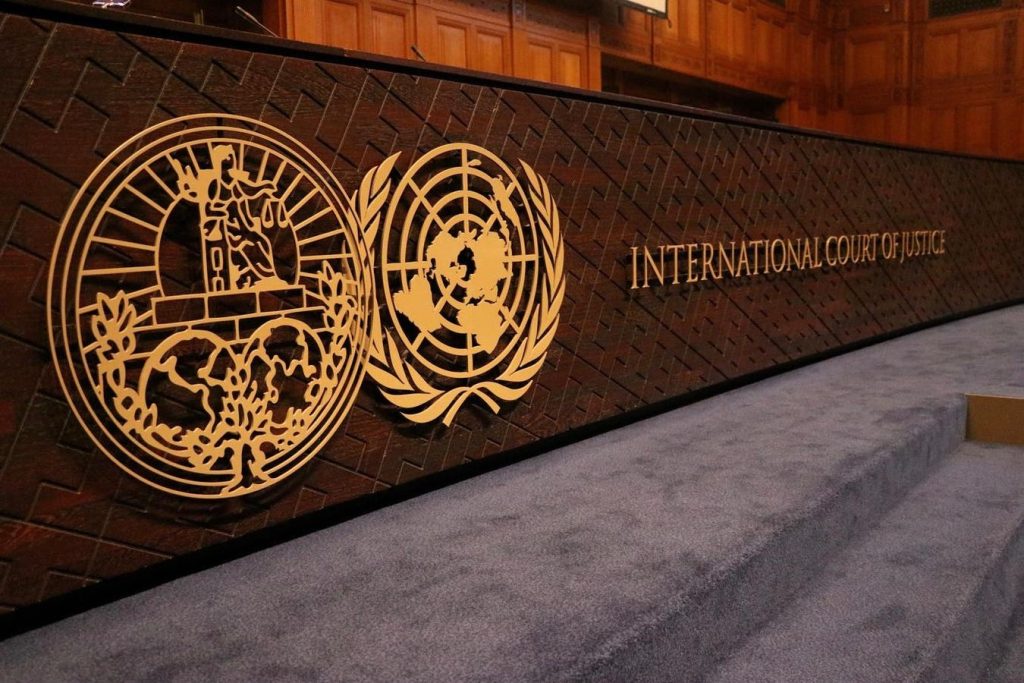The International Court of Justice (ICJ) is set to hold pivotal oral arguments regarding the obligations of states in addressing climate change. This inquiry follows a request from the United Nations General Assembly (UNGA) prompted by Vanuatu on March 29, 2023, to examine the legal responsibilities of countries in mitigating climate impacts. The ICJ will provide an advisory opinion, although non-binding, that could significantly influence how similar issues are litigated in the future and inform legislative initiatives globally. As global environmental concerns escalate, this judicial clarification is anticipated to have far-reaching ramifications for national and international climate policies.
The UNGA posed two essential questions to the ICJ: firstly, what are the obligations of states under international law to protect the climate and other environmental components from human-induced greenhouse gas emissions? Secondly, what are the legal consequences for states that have caused substantial harm to the climate system and other environmental aspects? The specific focus includes the vulnerability of small island developing states and their populations, particularly how the actions of larger nations could affect their wellbeing and survival. This inquiry is crucial, given the unique challenges these nations face due to climate change, including rising sea levels and extreme weather events.
To facilitate the process, the ICJ initially provided member states and relevant international organizations an opportunity to submit written arguments regarding their legal perspectives on the obligations in question. Following this phase, the Court scheduled public hearings to occur beginning December 2. The hearings will be held at the ICJ’s location in The Hague, Netherlands, with significant participation from over 100 countries and organizations, showcasing the broad international interest in the matter.
The hearings commenced with participating entities presenting their arguments in half-hour slots, allowing substantial input from a diverse range of nations. Vanuatu and the Melanesian Spearhead Group initiated the proceedings with an hour-long statement, followed by representatives from countries such as South Africa, Germany, and Australia. However, the schedule underwent adjustments throughout the first day, including a swap between Gambia and Sierra Leone, and changes prompted by Mauritius’ withdrawal from the oral statements, demonstrating the fluid nature of the proceedings as various states respond to evolving circumstances.
In an unexpected turn, the Organization of the Petroleum Exporting Countries (OPEC) withdrew from its scheduled participation, which has raised questions about the implications of such a move on the broader discussions surrounding state accountability for climate change. OPEC’s decision, coupled with Mauritius’s departure from the proceedings, indicates a shifting landscape among participants, leading the ICJ to revise its plans as needed. While the absence of major players is notable, numerous other organizations, including regional and global coalitions, will still contribute to the dialogues over the course of the hearings.
Given the limited capacity of the ICJ’s Great Hall of Justice, public attendance at the hearings is restricted, with only a handful of seats available. Nevertheless, to ensure transparency and accessibility, the proceedings will be streamed live on the Court’s official website and UN Web TV, allowing global audiences to follow this significant legal discourse. The outcomes of this advisory opinion are expected to significantly impact international climate obligations, potentially increasing the legal and ethical responsibility of nations to take action against climate change, especially for those contributing to its detrimental effects on vulnerable populations.


